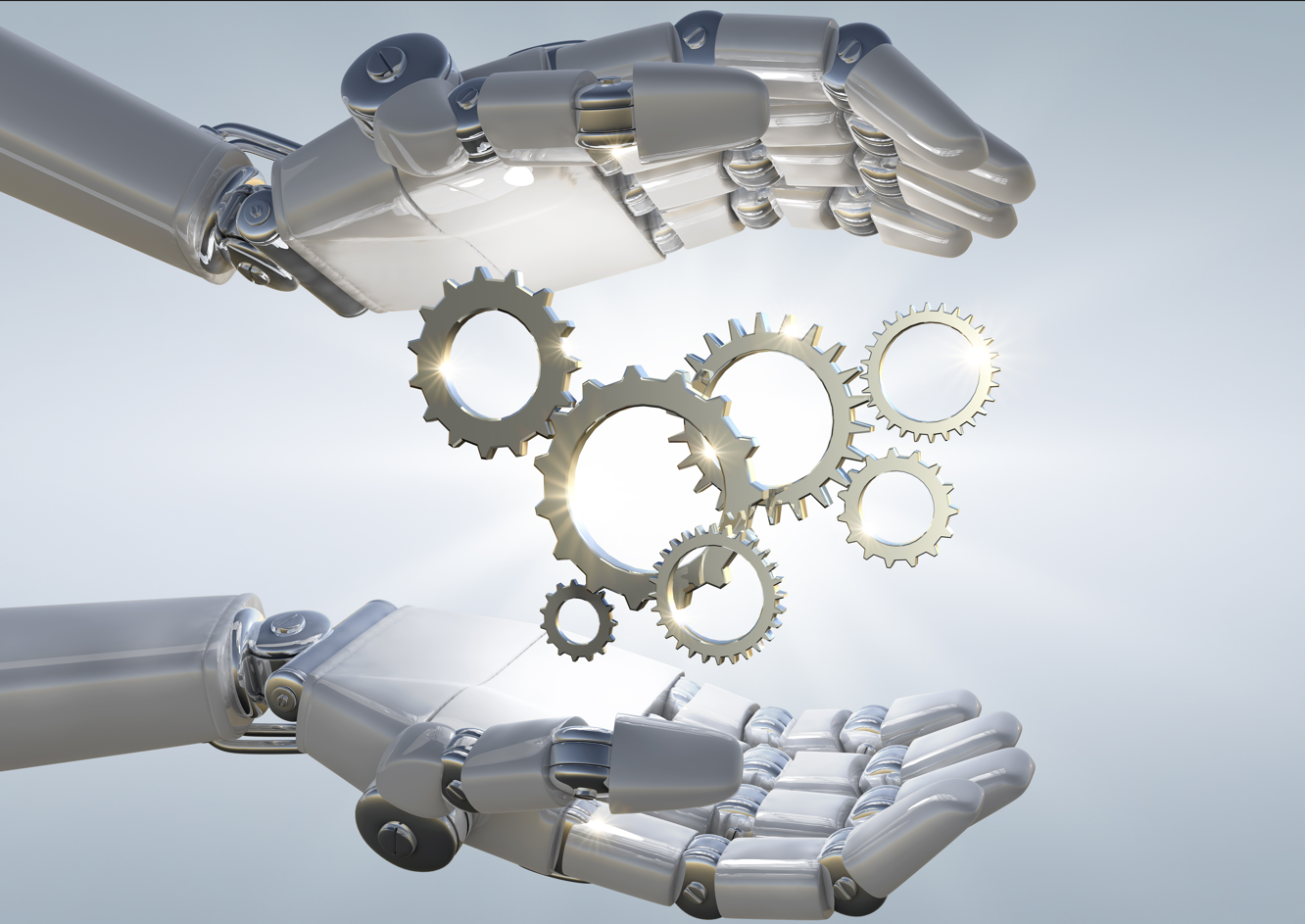Artificial intelligence (AI) is revolutionizing the automotive industry by enabling autonomous cars, advanced infotainment systems, and driver risk assessment
. AI allows automotive manufacturers to reach new levels of technologies and efficiencies that once seemed like a dream
. The applications of AI in the automotive industry are far-reaching and exciting
. AI is constantly evolving and becoming better at replicating human thinking and decision making
. The goal of most people who are building AI systems is to use machine learning to help make decisions that humans are responsible for today
. Automotive companies and consumers alike stand to benefit from the transformations AI makes possible
.AI is currently impacting automobiles in three ways: improving safety, enhancing customer experience, and simplifying decision-making processes for car manufacturers
. With AI investment and development on the rise, technology’s impact on our cars and the overall automotive industry will continue to grow
.To bring the promise of new technology to fruition, at least 15-20% of the auto manufacturing and supplier workforce will need to become tech- and AI-savvy within 5-10 years—posing quite a challenge for the industry in terms of upskilling employees
.The introduction of AI into our cars has been essential to the automotive industry for decades. Automation in the workplace involves technology that follows a set pattern while new AI applications involve algorithms that learn from data inputs. This means that they can adapt their bebehaviourased on what they learn over time. This makes them more flexible than traditional automation tools




















